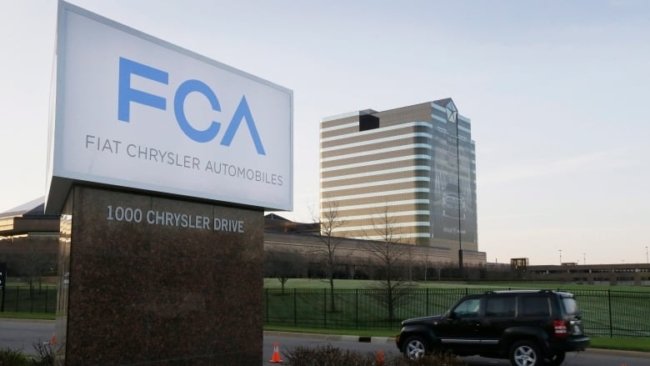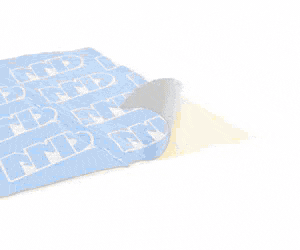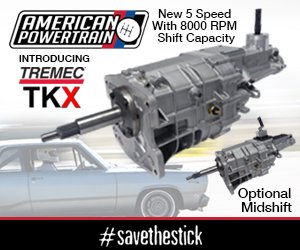
Most of us think we know the whole story when it comes to how Chrysler came to become FCA (Fiat Chrysler Automobiles) and how the United States Federal government paid to make that transaction happen. It sorta goes like this: Chrysler Group LLC borrowed $12.5 billion under the Troubled Asset Relief Program, or TARP. Chrysler first received $4 billion on January 2, 2009, (18 days before Obama took office) and another $8.5 billion on April 30 (when Obama was president), according to this Government Accountability Office report (page 9) on TARP.
On June 3, 2011, then-President Barack Obama announced that the Chrysler Group LLC had repaid $5.1 billion in outstanding loans. Bringing the total repayment, as of May 24, to $10.6 billion — about $1.9 billion less than the $12.5 billion the company had borrowed. Part of the loan included the Federal Government receiving hold of 6.6 percent common equity stake in Chrysler. The Treasury stated that it was “unlikely to fully recover” the $1.9 billion, and chose rather, to sell its remaining Chrysler shares to Fiat, thus fatefully forming FCA.
That’s about it, right? Apparently not. According to CBC News, on March 30, 2009, Chrysler Group LLC was issued a non-performing loan that grew with interest over the following nine years, totaling $2.6 billion. The loan was made in cooperation between the Ontario and Harper governments. According to the report, “after exhausting all potential avenues for recovery, a $1.125 billion US principal plus accrued interest write-off in respect of ‘Old Chrysler’ occurred in March,” said John Babcock of Global Affairs Canada, the department responsible.
“The write-off, among the largest ever for a taxpayer-funded bailout,” continues the report, “is buried in a volume of the 2018 Public Accounts of Canada, tabled in Parliament. […] The now-defunct Chrysler loan was administered by Export Development Canada (EDC), which manages the Canada Account, a financial vehicle for making large loans and loan guarantees backed directly by the Government of Canada.”







